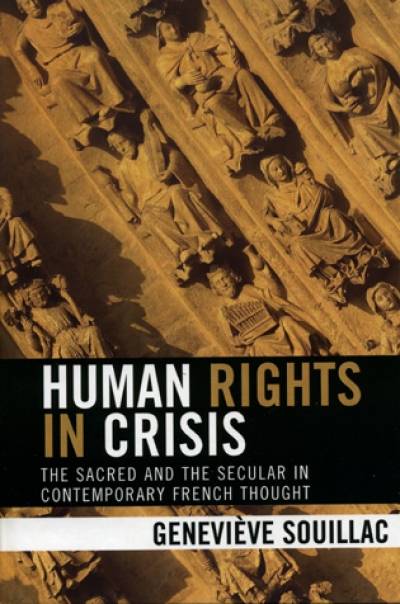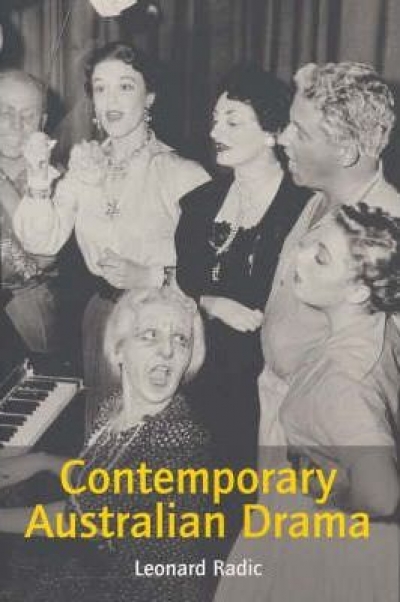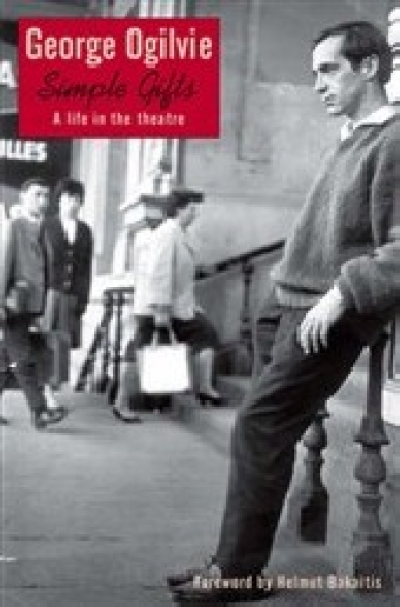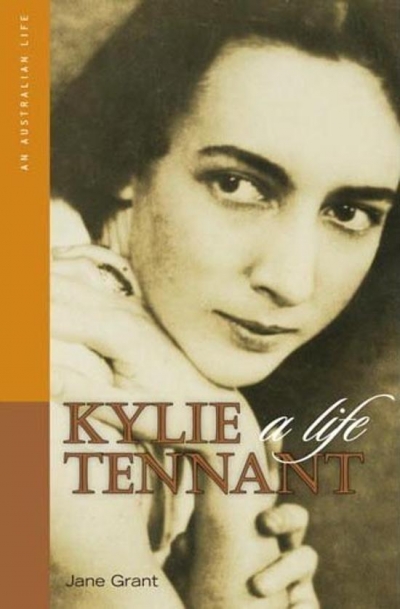In the bohemian district of an imaginary city not unlike a very bleak Sydney, Izzy and Eve have been living together for twenty years. Eve, who torments herself with clippings of unsolved murders, is a jeweller and also a receptionist – sometimes more – in the local brothel. Izzy draws erotic cartoons for a living, and has taken to frequenting S & M clubs. Gay men start disappearing from the clubs, and Eve is catapulted into an investigation that leads her to Izzy’s world, his friends and ‘silt’, the drug linking the disappearances. So Izzy and Eve becomes a gothic thriller, the narration whipping back and forth between Eve and Izzy, sometimes distractingly quickly. Beginning with Izzy, the characters talk, frequently but fleetingly, of faith, which seems to be at the core of this narrative. But it is Eve the non-believer, drawn more vividly, who dominates the story.
...
(read more)










